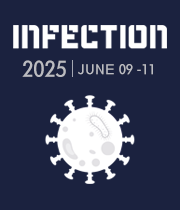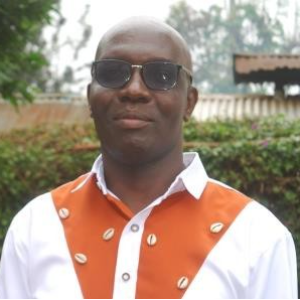Title : Detection of dengue virus among blood donors: A cross-sectional study in Kenya
Abstract:
Background: Infection with the Dengue virus (DENV) among blood donors presents a significant risk to blood safety and can lead to transfusion-transmitted dengue. Studies conducted in various regions have reported varying prevalence rates of DENV markers among blood donors. Higher prevalence rates were observed in Cameroon (24.8%) and Saudi Arabia (38.9% for IgG), reflecting the endemic nature of dengue in these regions. Studies have detected active DENV infection in asymptomatic donors. For example, in India, 1.2% of donors tested positive for the NS1 antigen during peak transmission, and in Saudi Arabia, 5.3% of donors tested positive for the NS1 antigen, indicating ongoing viremia. Many studies recommend implementing routine DENV screening in blood donation services to enhance transfusion safety and to control DENV dissemination. The dengue virus is prevalent in the coastal counties of the Republic of Kenya. In recent years, Mombasa County has experienced persistent dengue outbreaks.
Objectives: This study aimed to investigate the prevalence of the dengue virus in blood donors and its impact on blood safety in Kenya.
Methods: Using a descriptive cross-sectional research design, blood donors from Nairobi and Mombasa counties were recruited. Data were collected using self-administered questionnaires and diagnostic assays for dengue. Donor serum samples were screened for dengue IgG, IgM, and NS1 using an immunochromatographic technique (Bioline TM DENGUE DUO, Abbott Park, Illinois, United States) according to the manufacturer’s instructions. Positive samples and a randomly selected group of negative samples were transported to KEMRI for further investigation. Dengue virus RNA and serotypes were detected using the Bosphore Dengue Virus Detection Kit v1 (Anatolia Genework, Istanbul, Turkey) and a 96-well plate with an ABI 7500 FAST Dx thermocycler (Applied Biosystems, Foster City, California, USA). A questionnaire was used to collect relevant data from blood donors. The data were cleaned and analyzed using IBM SPSS Statistics for Windows, version 20.0, and the relationship between the dependent and independent variables was evaluated using a chi-square test at a 95% confidence interval.
Results: The majority of the blood donors were men aged 21–30 years (70.9%). The combined prevalence of dengue virus (IgM) at the two study sites was 6%, but varied significantly according to location, religion, and sex. Mombasa County had the highest prevalence (IgM, 13%; IgG, 25%; and NS1, 2%) compared with Nairobi County (IgM, 2%; IgG, 5%; and NS1, 0%). All 35 samples sent for molecular testing tested negative for dengue RNA. Statistical analysis revealed an association between dengue seropositivity and donor location (p= 0.002), living with a dengue fever victim in the last six months (p = 0.007), and a recent history of fever (p=0.001) at a 95% confidence interval. However, no significant statistical association was observed between other independent variables and dengue seropositivity.
Conclusion: This study identified dengue IgG, IgM, and NS1 in the blood donors within the study area. Further research, particularly in Africa, is required to better understand and reduce the risk of transfusion- transmitted dengue


